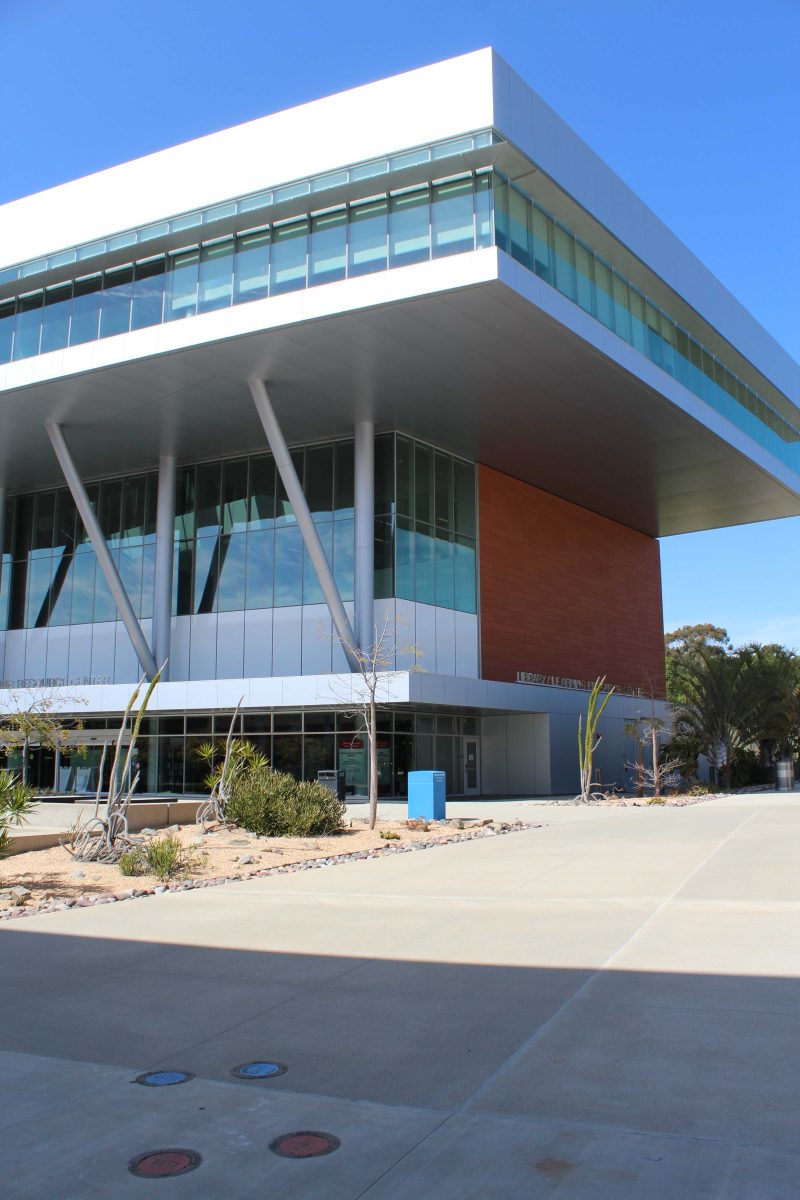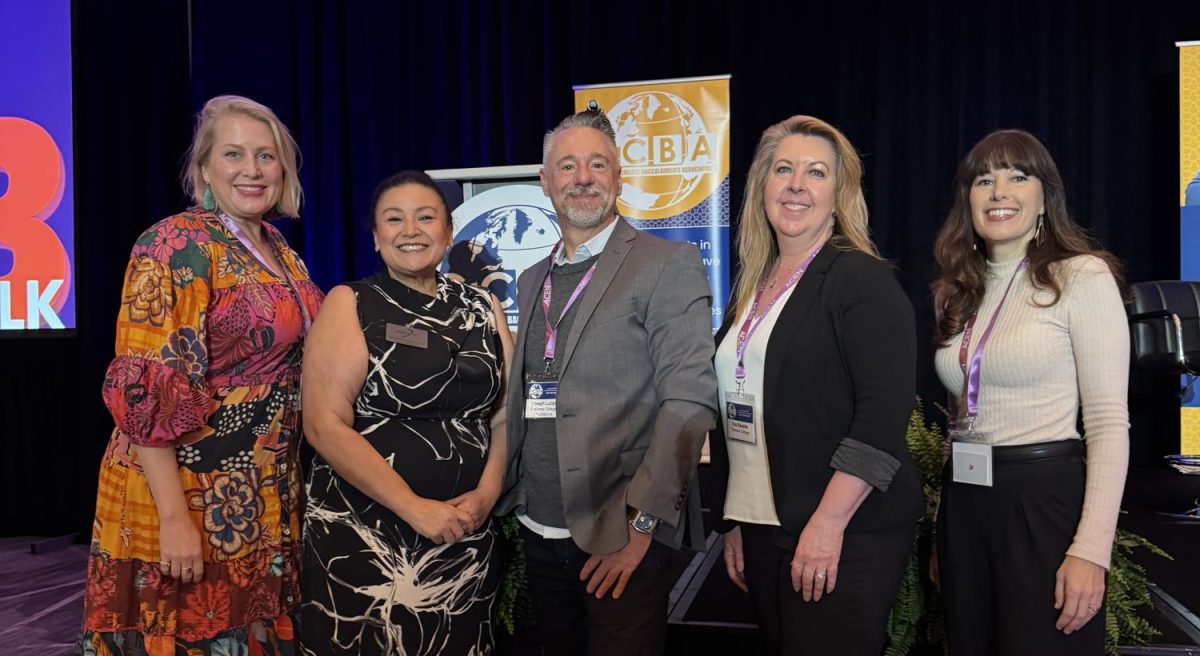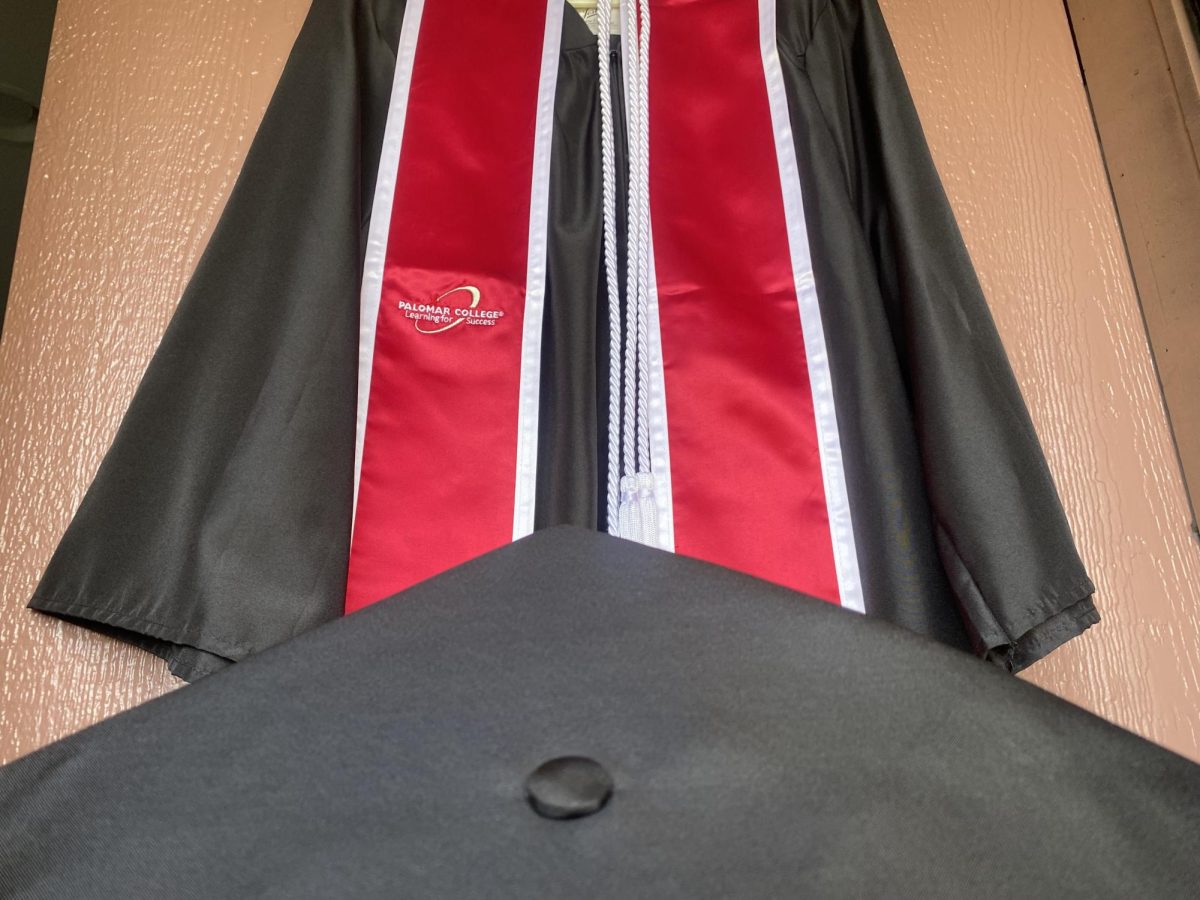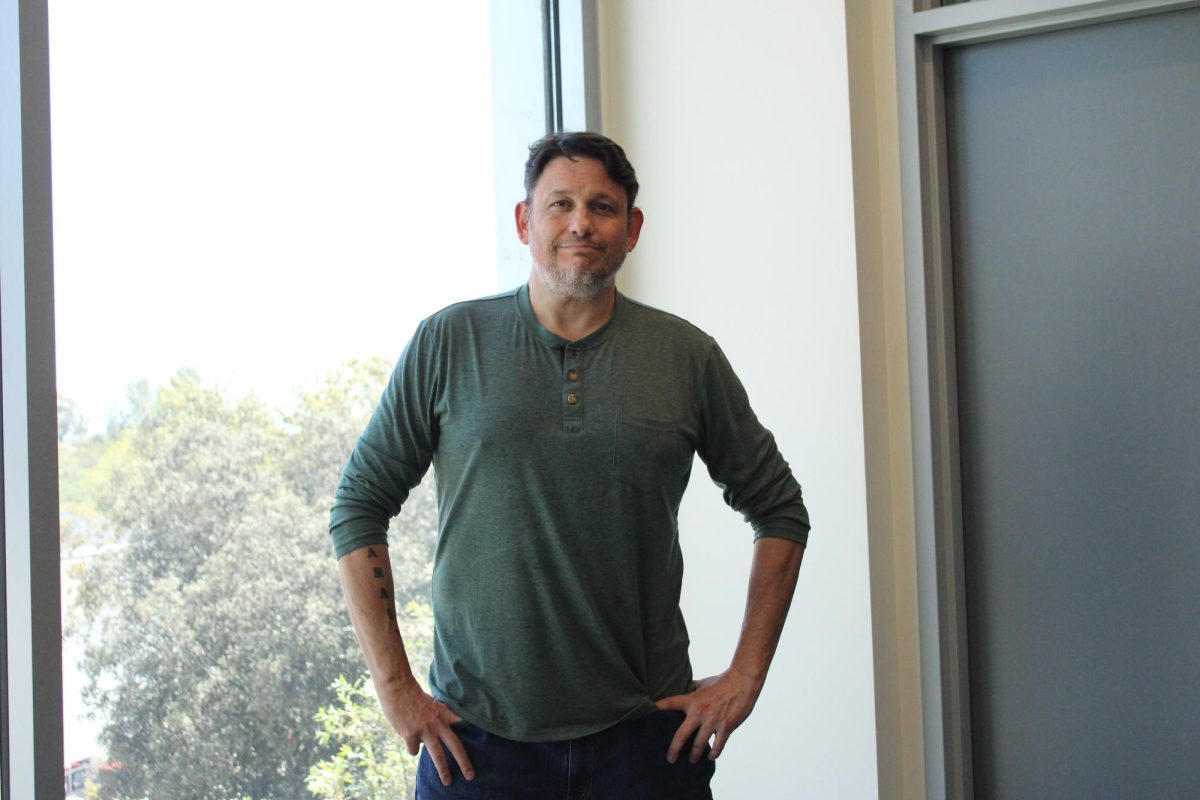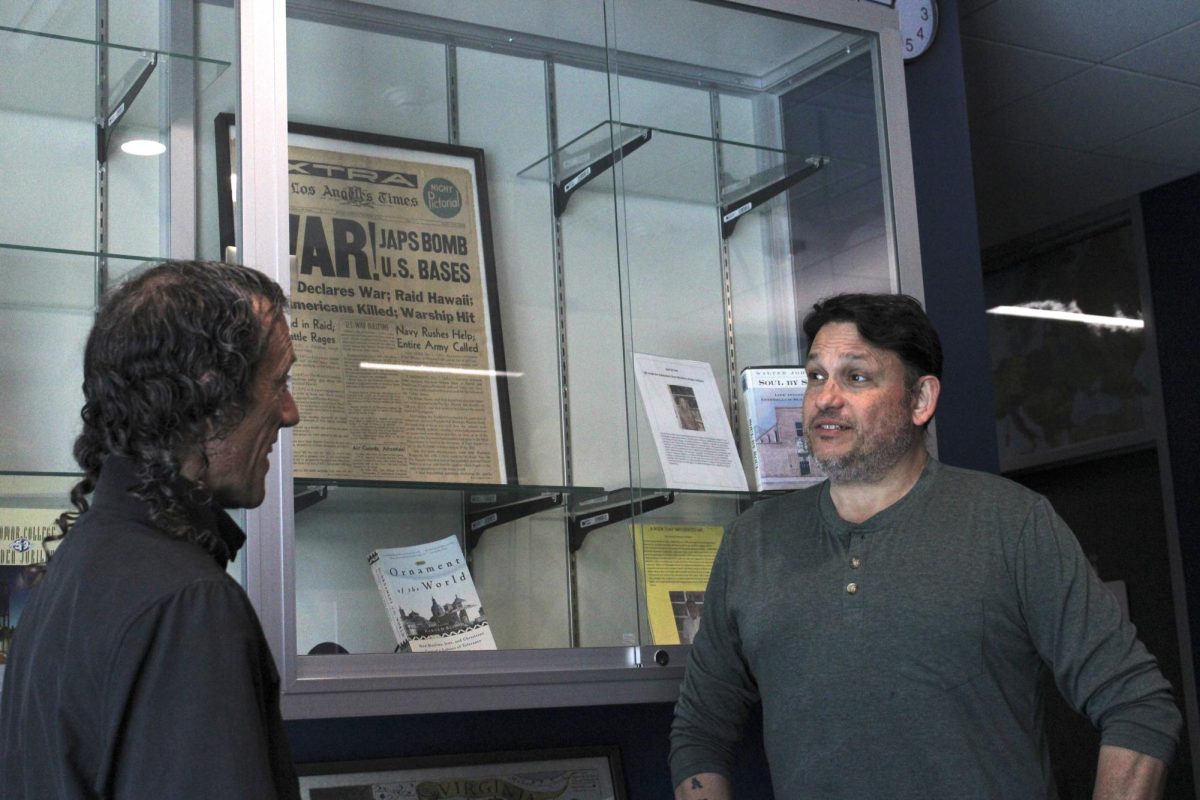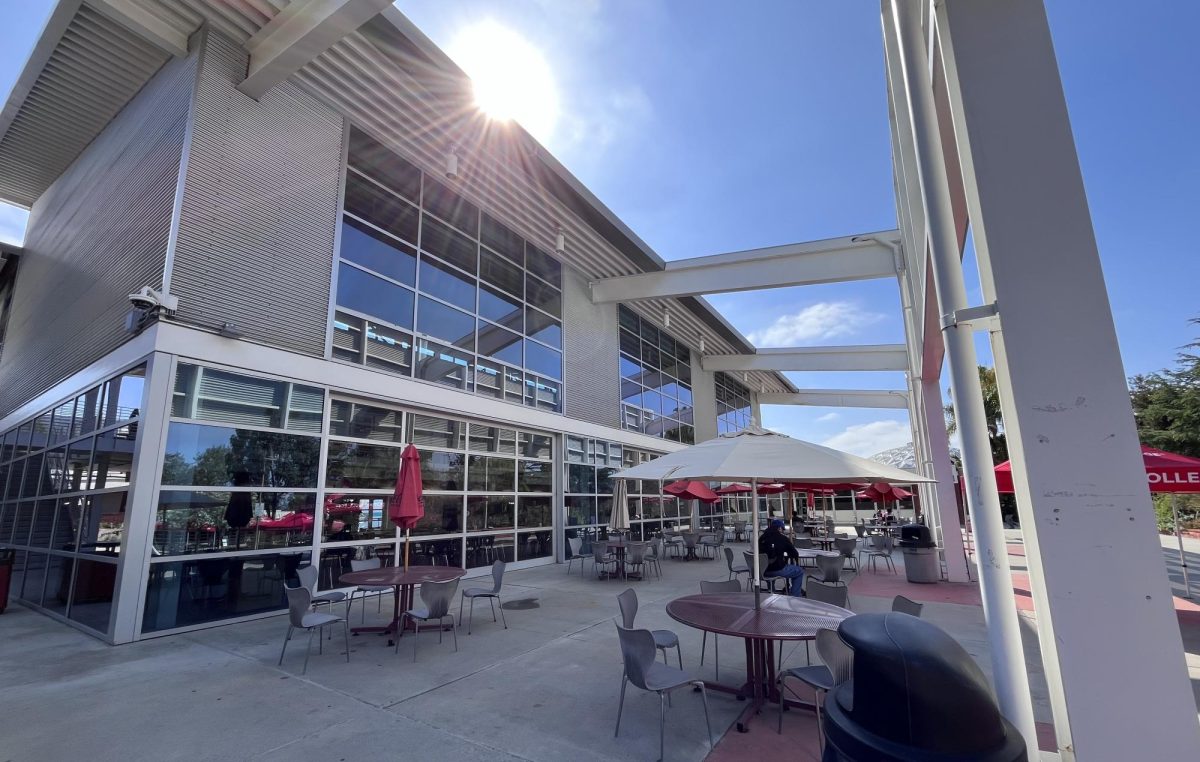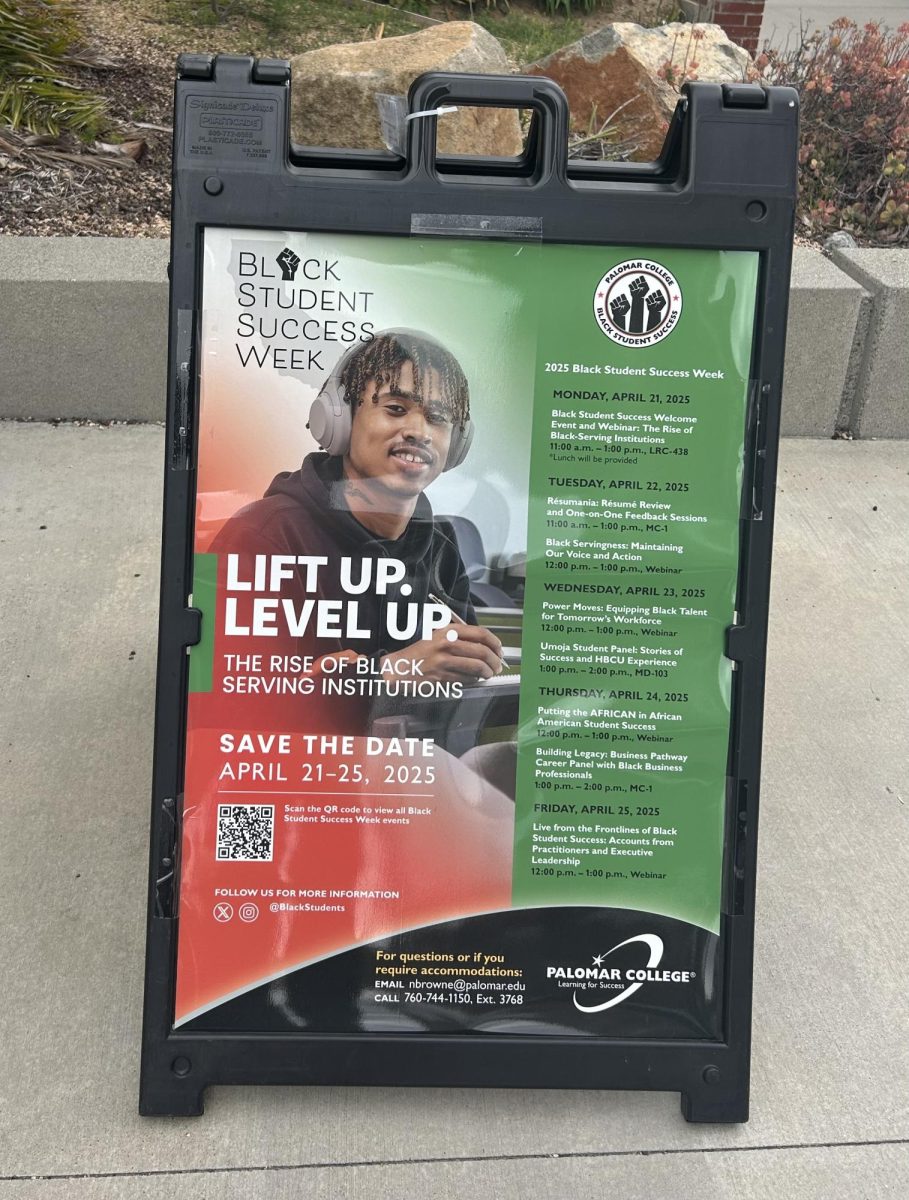From an English composition lab to the implementation of Diversity, Equity, and Inclusion (DEI) standards, fine details went into the decisions made at the last meeting of the curriculum committee.
Precalculus math will no longer be offered, and an English class with a lab may start in 2025.
One topic discussed was a possible new English class. Currently, English 100 or an equivalent is required for an AA and transfer. An English composition class enhanced with a lab component had been proposed previously and there was discussion on how it might be aligned to fulfill transfer requirements.
This class was still pending approval since, as currently proposed, it would earn more units than a single class. The units will be reduced from 4.5 to four, and will need to go through other steps before it can be offered.
Shelbi Hathaway, a member of the math faculty and AB 1705 coordinator, said students will not be able to be placed into any precalculus, college algebra, or trigonometry course starting fall 2025. Due to the disparity of enrollment versus success for these classes, students had been stuck repeating these courses in attempts to pass the math requirement. So, in the future, students will go straight into calculus.
Hathaway said the Math department was also intending to create an “innovative” course that may serve as a precalculus option. However, it will take a few years to validate it. An enhanced calculus was also in the works.
One member pointed out how students might be discouraged from going into STEM fields because of the math requirement. In addition, only three attempts are permitted before a student would not be permitted to try again. Hathaway pointed out that calculus was the gateway into STEM fields. It should be the goal of the student to complete the requirement within two years.
With the additional class, the student actually has six opportunities to accomplish this, according to Hathaway.
Diversity, Equity, Inclusion, Accessibility, and Anti-racism (DEIAA) was also a point of discussion. A handout titled “DEIAA Quick Guide to the Course Outline of Record” was distributed to members and guests at the meeting. It contained items such as course descriptions, student learning outcomes, and course objectives. Some sources were “DEI in Curriculum: Model Principles and Practices,” and “IDEAA Strategies for Curriculum (Glendale Community College)” among the four sources.
Associate professor John McMurria, from the cinema department, gave a presentation on how CINE 106 class, “The Horror Film,” was an example of fulfilling DEIAA guidelines.
He pointed out in the course description where it said “Horror films often tap into sublimated cultural anxieties that expose social tensions and contestations over gender, race, and class inequities.”
Also discussed were course deactivations, one class of which was FCS 136, and other classes, whose notations were changed without regard to Cal-GETC may revert to previous classifications.
The next schedule will be published in the beginning of April with a few changes in class notations and classes. Future changes will be reflected in later ones as the curriculum committee works out the details.

